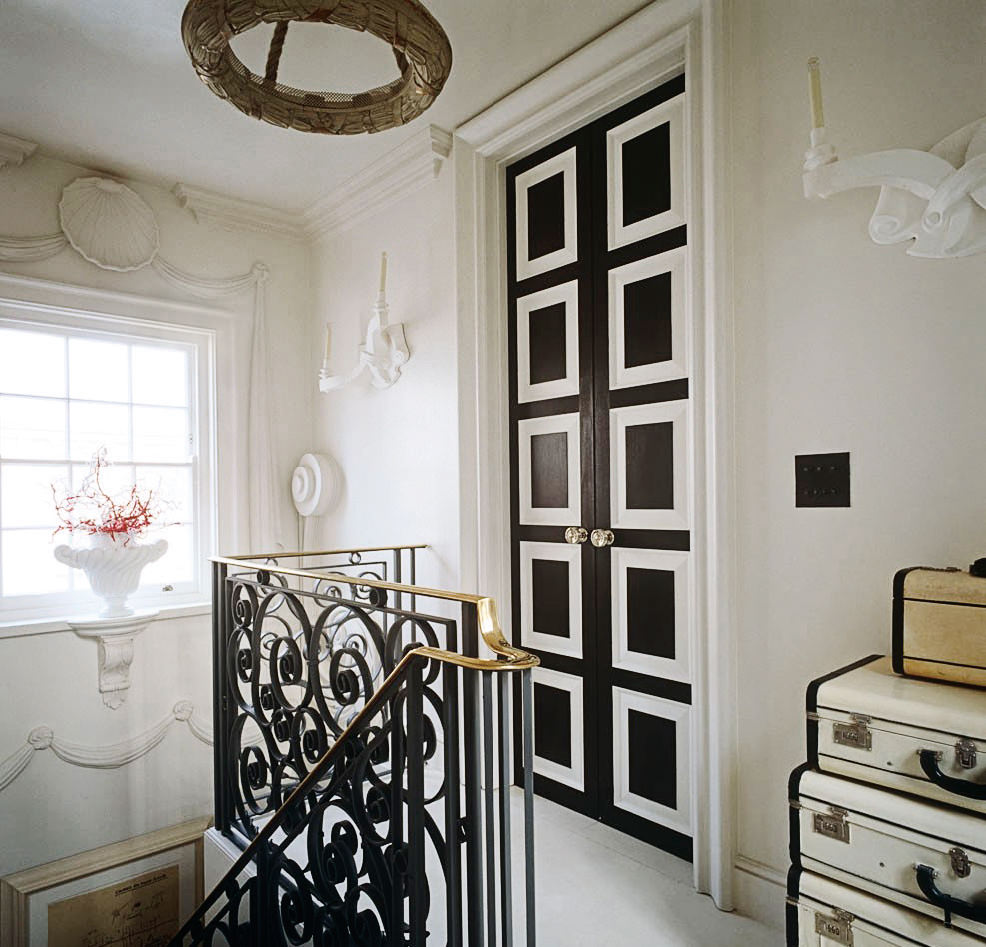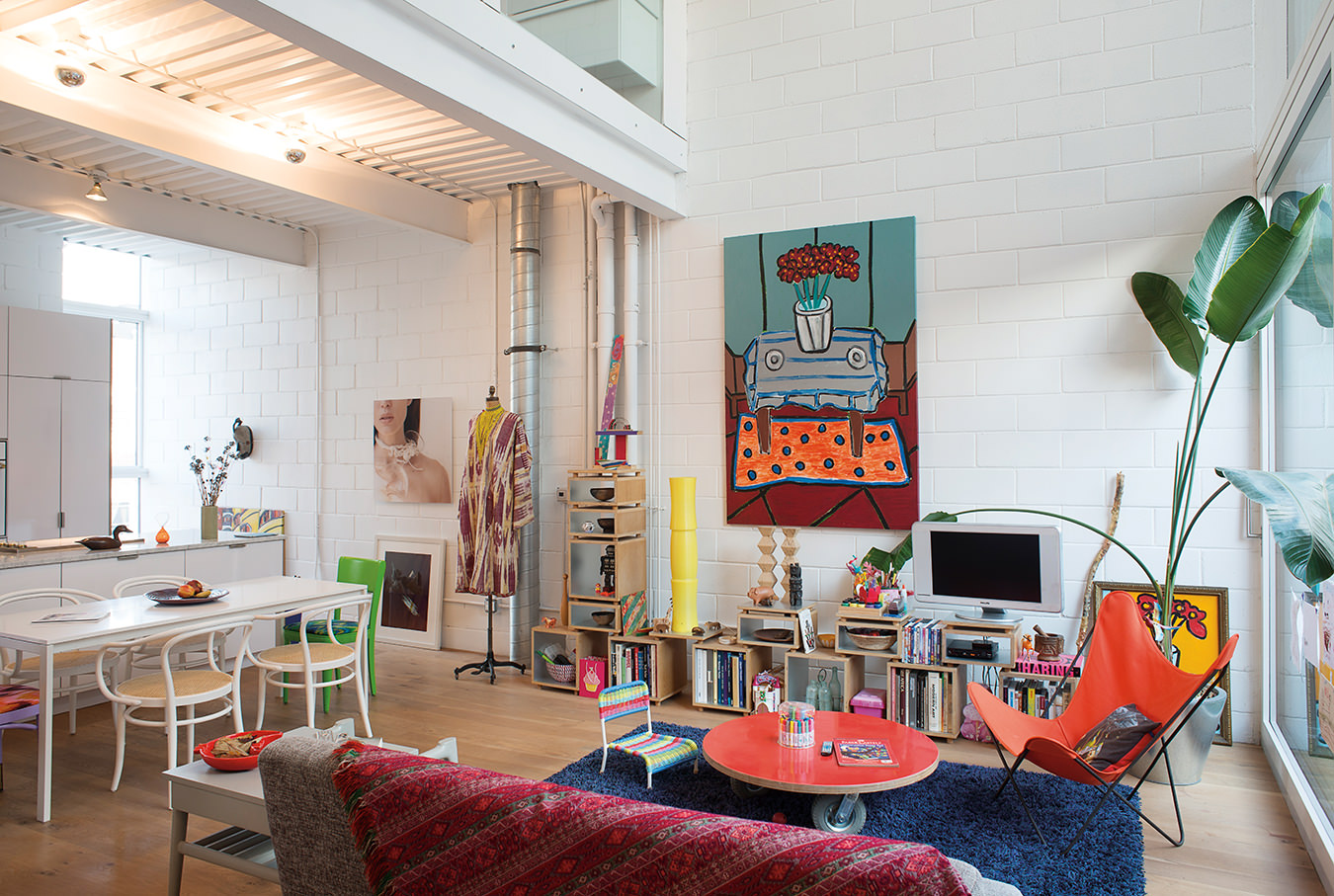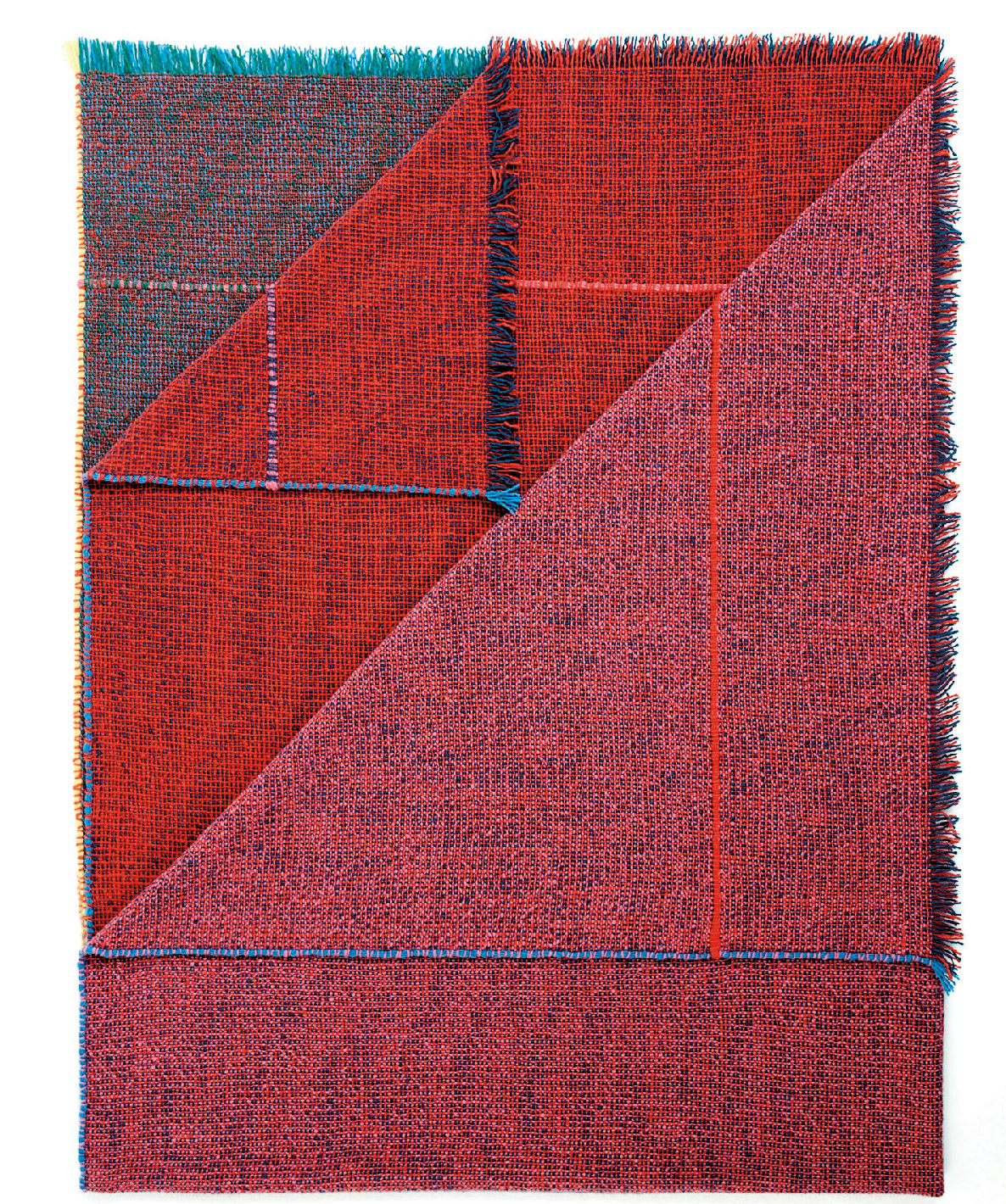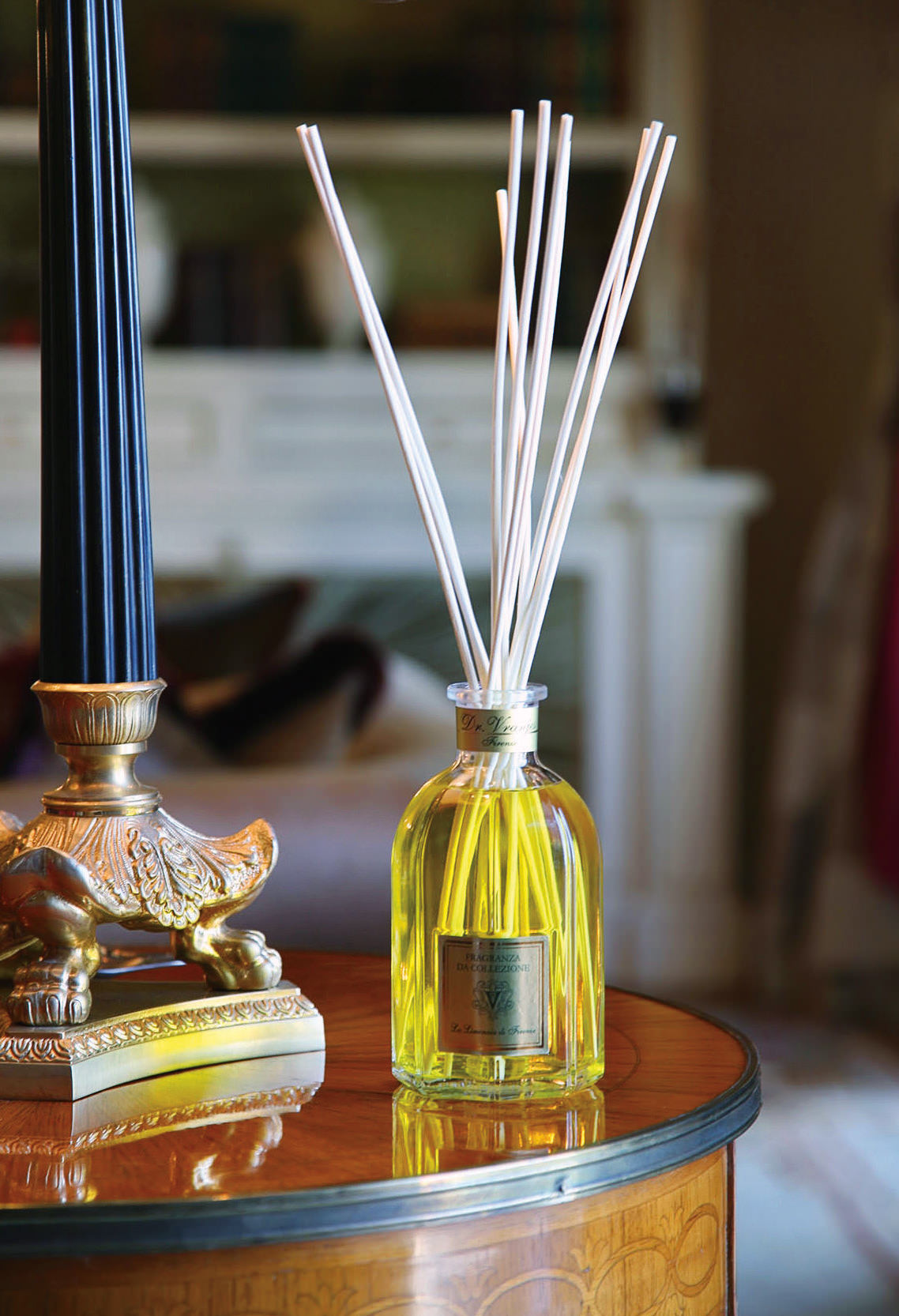-
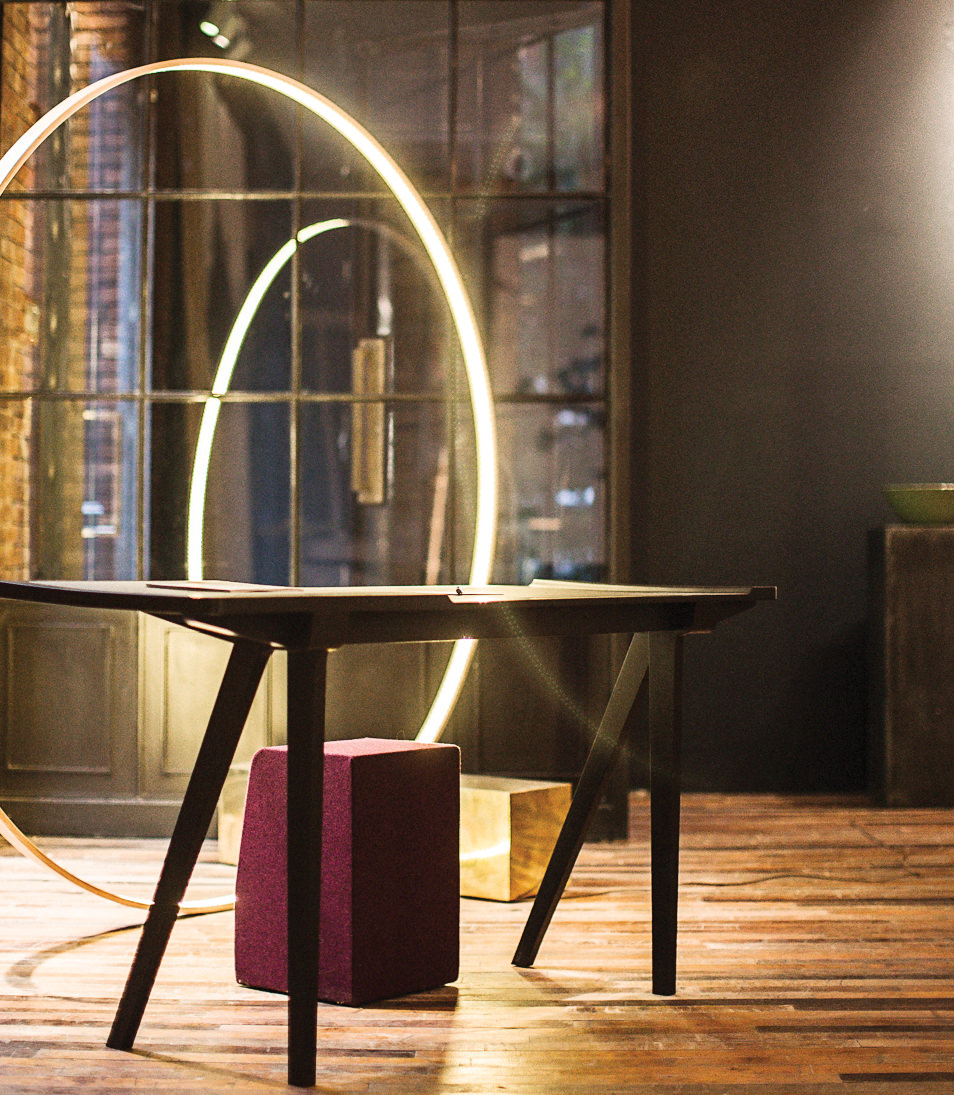
Photo by Robert August. ©Atelier Courbet
-

A Brewster Coach outside of Atelier Courbet. ©Atelier Courbet.
-
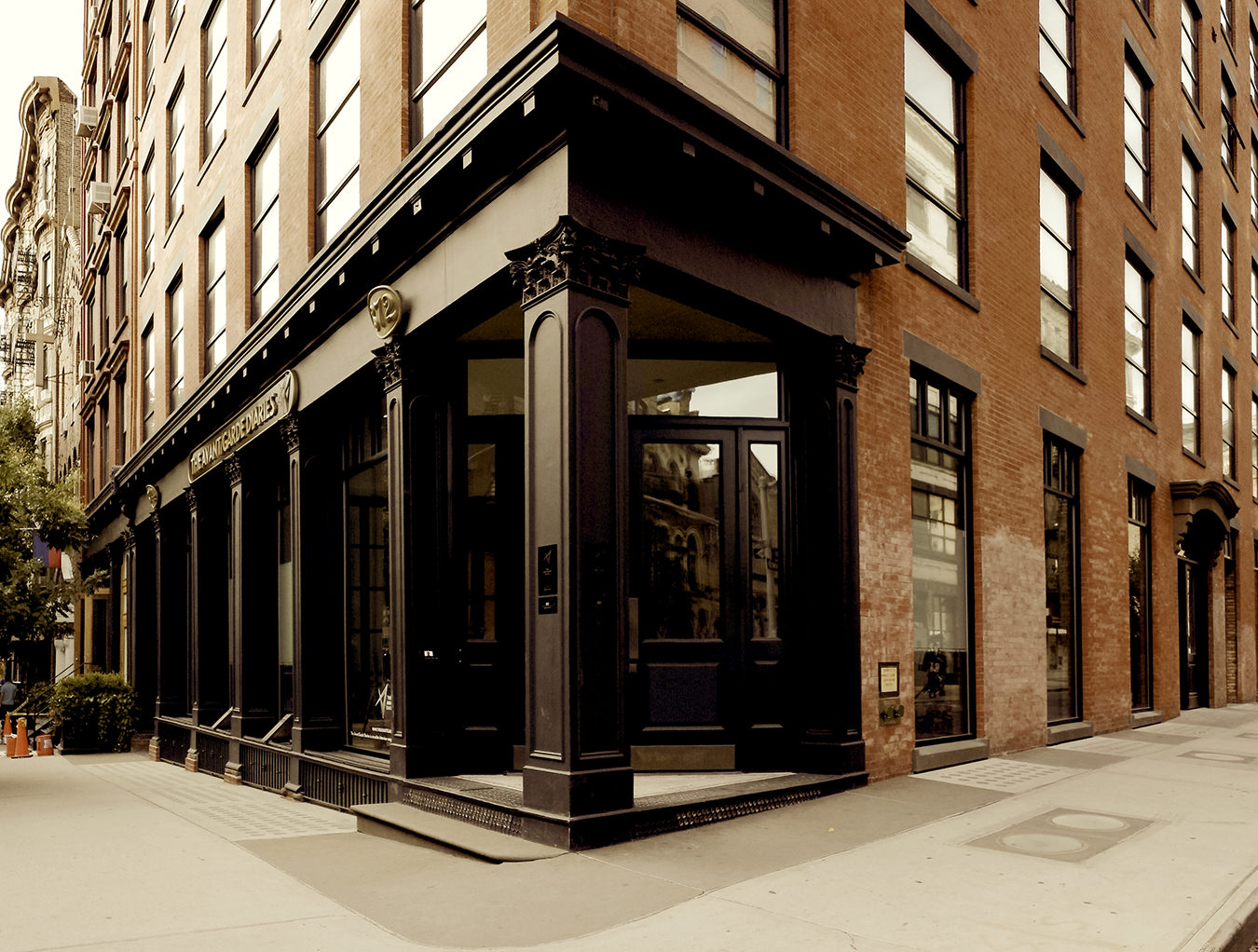
The exterior of Atelier Courbet in the 19th-century Brewster Carriage House. ©Atelier Courbet.
-
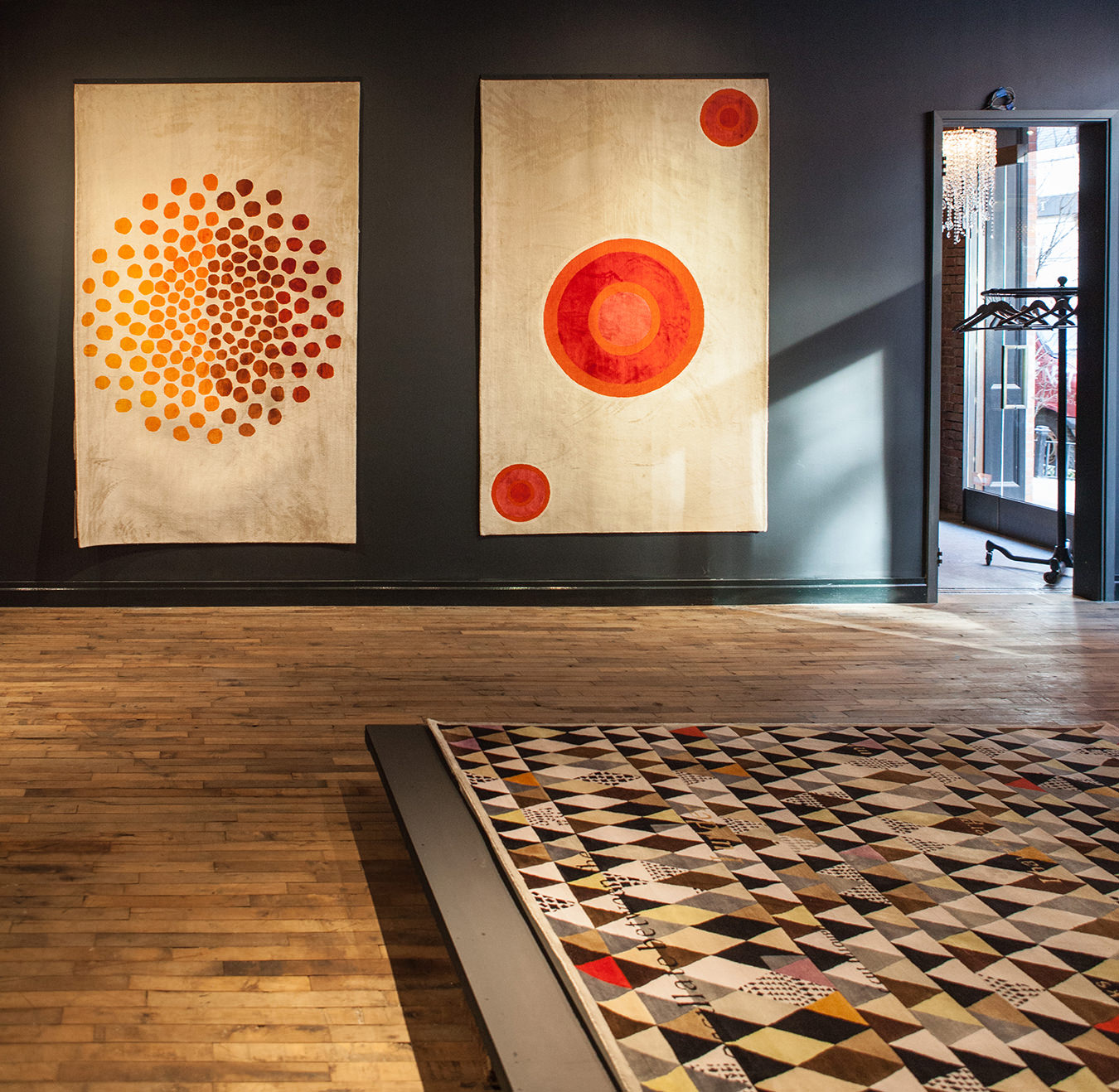
The Artists Rugs Collection of Sabine de Gunzburg with rugs design by Sabine de Gunzburg and Matthias Bitzer. ©Atelier Courbet.
-
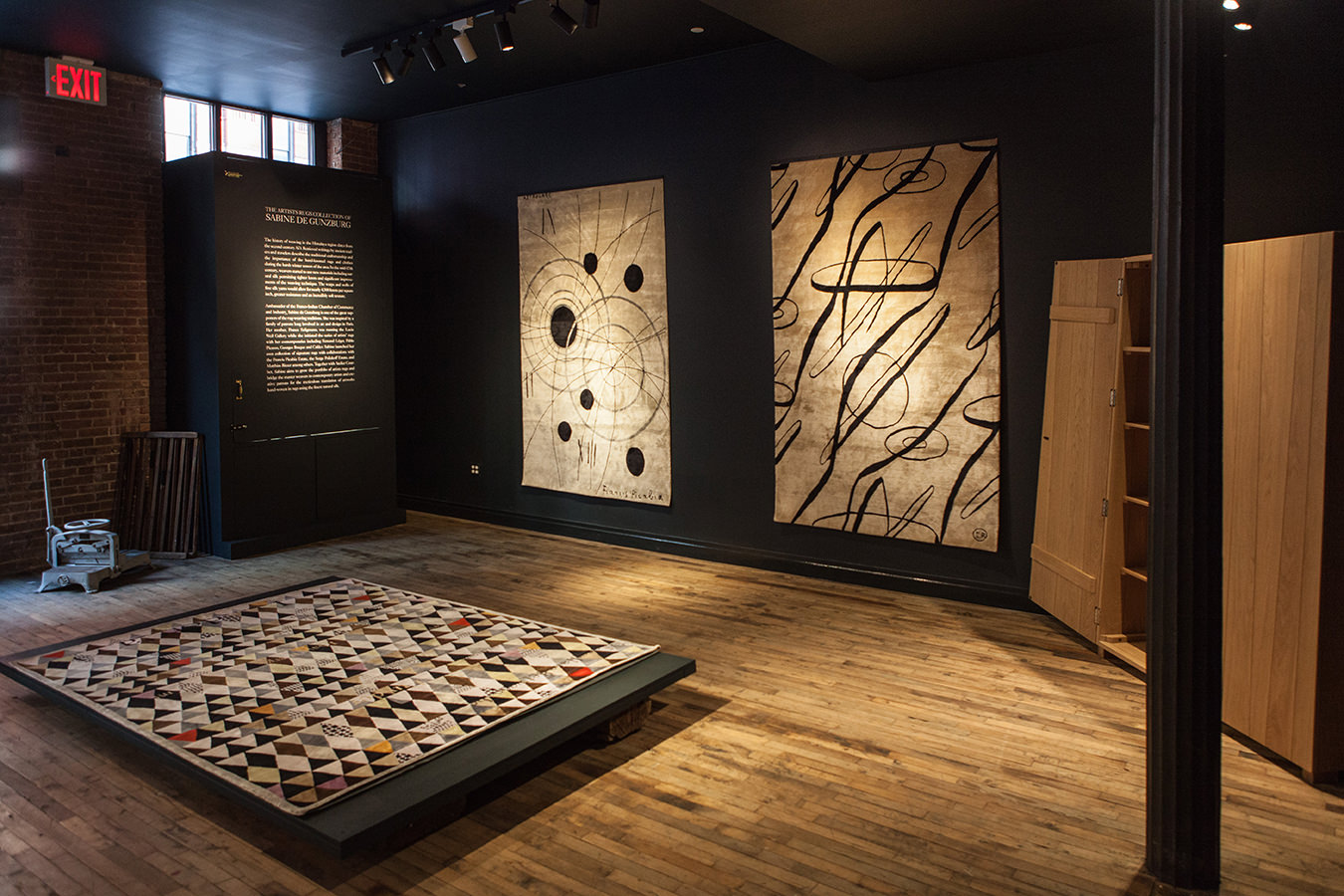
The Artists Rugs Collection of Sabine de Gunzburg with rugs design by Francis Picabia, Serge Poliakoff and Matthias Bitzer. ©Atelier Courbet.
-
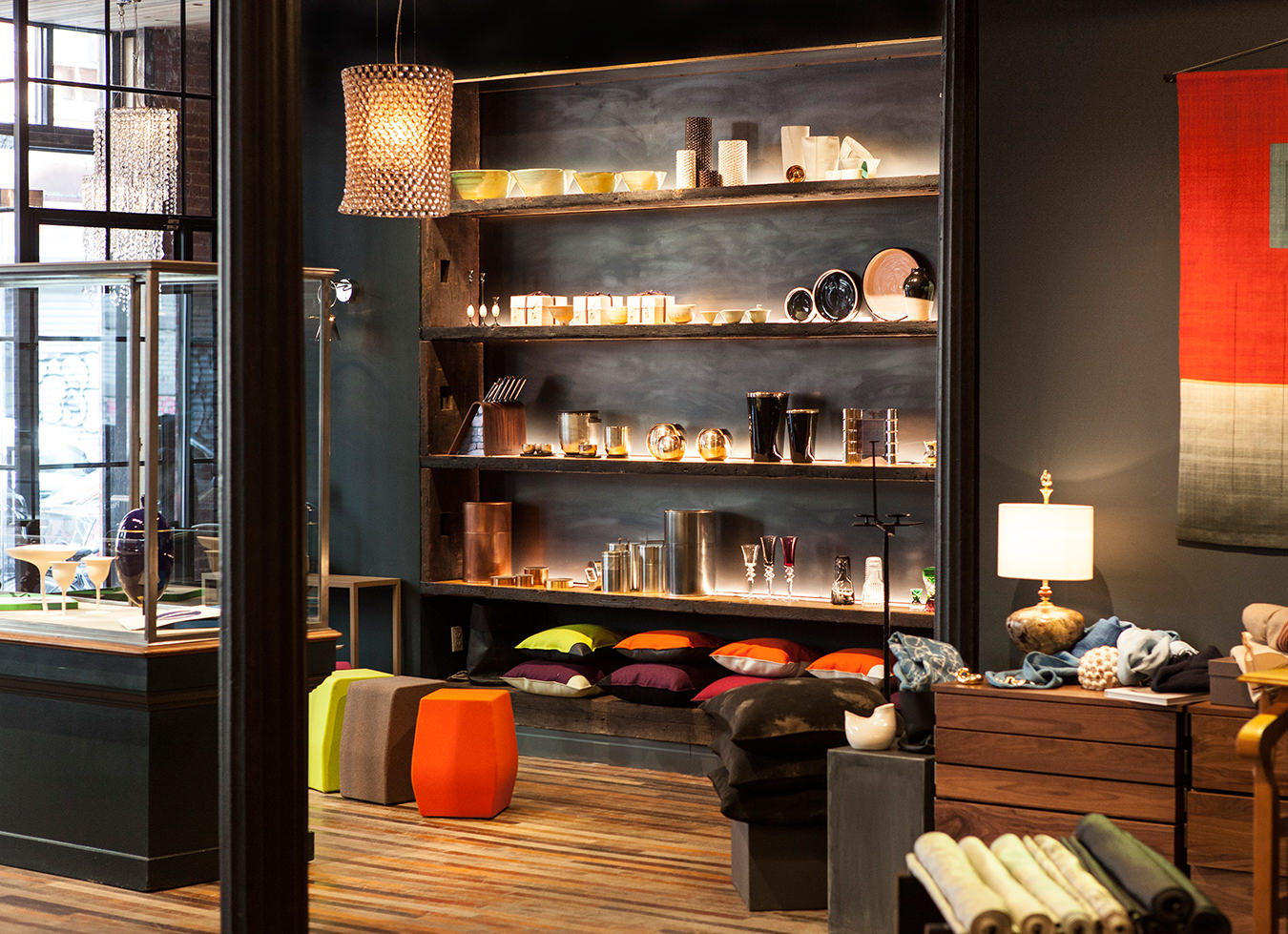
Showrooom View of Atelier Courbet in New York. ©Atelier Courbet.
-

Showrooom View of Atelier Courbet in New York. ©Atelier Courbet.
-
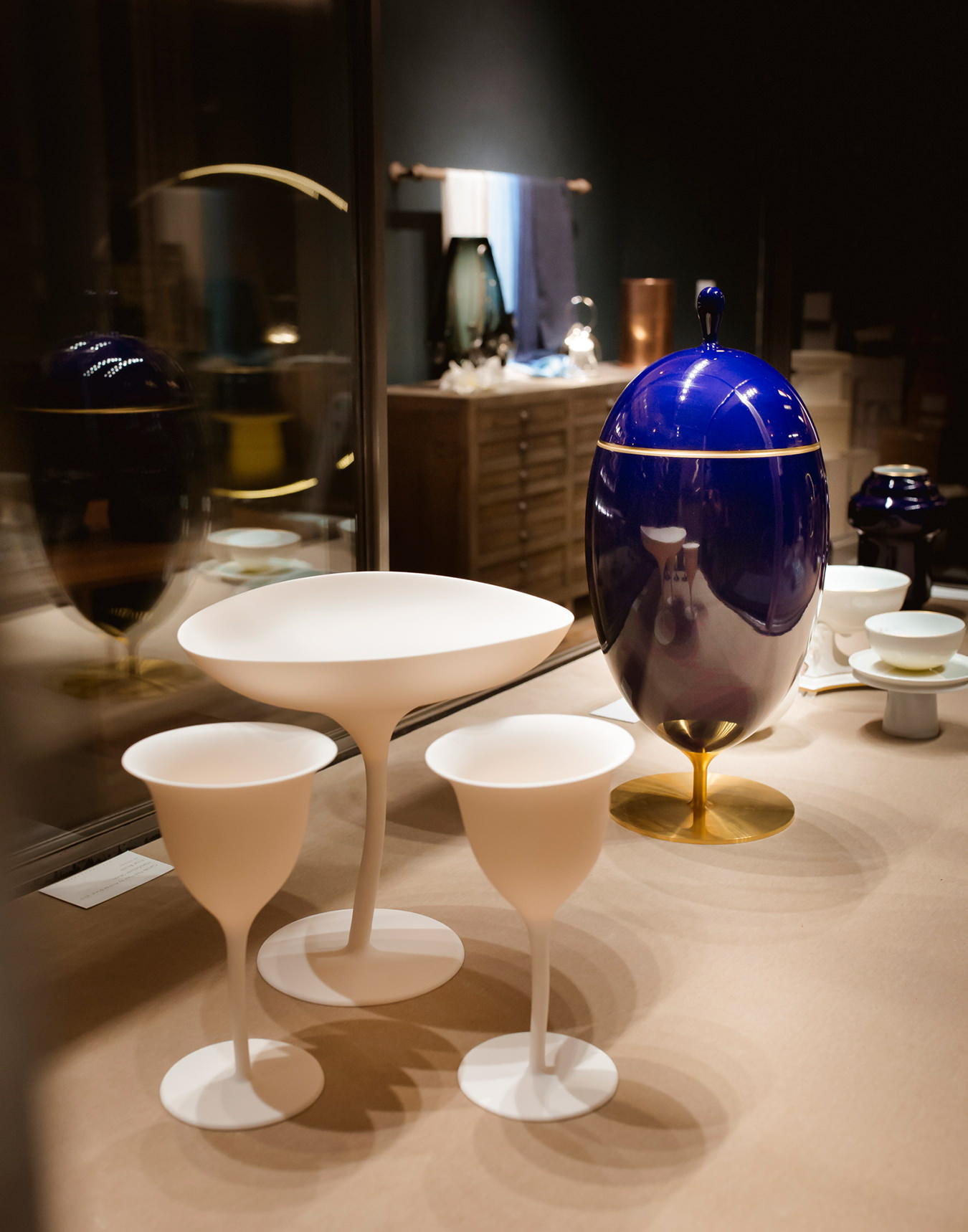
Manufacture de Sèvres: The Louis XXI Porcelaine Humaine Collection by Andrea Branzi and Coppa della Mistica by Michele de Lucchi. ©Atelier Courbet.
Atelier Courbet in New York
Collect and gather.

In the landmarked Brewster Carriage House, a 19th-century coach makers’ building in Manhattan, the hush of exclusivity surrounds tabletop and art objects, furniture, textiles, carpets, and lighting culled from workshops the world over, some with pedigrees reaching back to the 17th century. Welcome to Atelier Courbet, open since October 2013, the “master craftsman’s shop” where you’ll find textiles by Hosoo, founded in Kyoto in 1688; ceramics by 400-year-old Asahiyaki; “couture” saddling and upholstery by Domeau & Pérès; crystal by Saint-Louis, which, in 1767, was Louis XV’s glassworks; and glass vases by contemporary British designer Hanne Enemark.
Owner Melanie Courbet, a former curator and consultant, also commissions collections, for sale and exhibition, based on collaborations between her master craftsmen and cherry-picked contemporary creatives, such as venerated silversmith Puiforcat and Dutch designer Aldo Bakker. She wants customers to invest in the quality of craftsmanship rather than considering it an acquisition based on speculative values and trends.
“There has been a global shift of priorities in response to an era when mass-produced, socially irresponsible goods have flooded the markets,” Courbet says. “We prefer to know that the food on our plates comes from local farmers, that the hands behind our clothing were able to weave or sew in respectable conditions; to be able to relate to a story and to the craftsmen behind the objects. This is the ethos we promote at Atelier Courbet: to consume less so we leave space for the appreciation of what we acquire.”
So: don’t collect just because craftsmanship is collectible. But it is.

